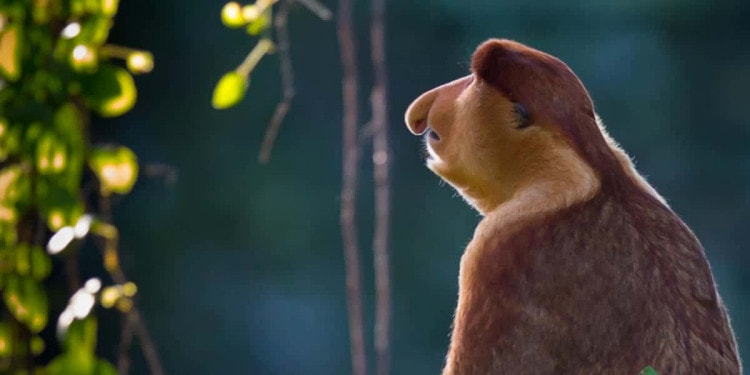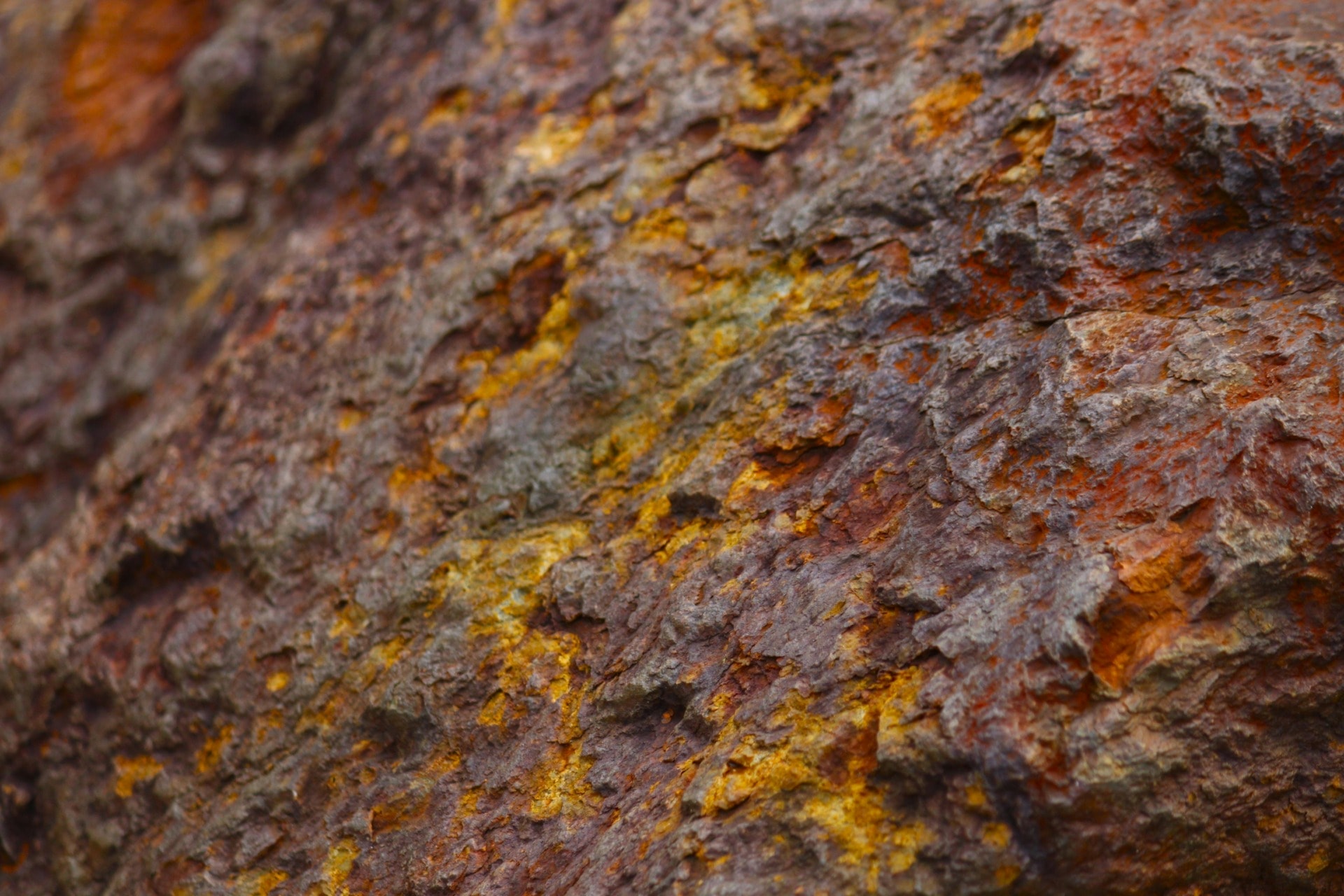UN biodiversity talks taking place under the Convention on Biological Diversity (CBD), held in Rome at the FAO Headquarters from 24 to 29 February 2020, provided the first opportunity for countries to discuss a draft biodiversity plan published in January. The hope among biodiversity experts was to kickstart a Paris-style “nature agreement”. The final plan is expected to be adopted in October 2020 in Kunming, China, representing a once-in-a-decade opportunity to secure a global agreement to address nature loss and degradation.
At the close of the talks, WWF released a statement urging countries to secure a global biodiversity agreement as least as comprehensive, ambitious and science-based as the 2015 Paris climate agreement. Without urgent action on biodiversity, the world will be at risk of not achieving the Sustainable Development Goals.
As the talks opened, Marco Lambertini, Director General of WWF International shared with me his views and WWF’s plan of action.

Question: Can you tell us a little about your background and where we are today with WWF?
Marco Lambertini: There is a book written by Edward Wilson, a biologist, that says that we all are biophilic, meaning we all are attracted by nature. It is in our genes because of our history as a species: we spent so much time in nature for so much of our natural history. And some people are more biophilic than others.
I have been particularly biophilic since I was a kid. My mother told me that when I was four years old, she once opened the closet to my room and found tons of dead insects, shells, and stuff. So I’ve always been fascinated by the diversity of life forms. When I was twelve, I became a member of WWF and then I joined other organizations all focused on environmental conservation, nature preservation, etc.
I have been lucky to have both my career as a journalist and in the NGO sector, gaining a lot of experience from working on protected areas to working with communities in different parts of the world. What has changed over the years is that what started from a fascination for nature became a deep understanding of how nature is so fundamental to us humans. That’s where I think a lot of the discussion we are having at this event is about.
Q: Let’s get into what and why we’re here in Rome. It’s shaping up to be the “fight of the century” as Macron said, calling for a Paris-style agreement for nature. Can you tell us what you hope to obtain from the meeting?
ML: It’s the opportunity of the century, because we are beginning to realize that nature is indispensable to us. That’s why a convention like the Convention on Biological Diversity and this workshop here in Rome is rapidly growing in relevance.
Nature has been until now something that we look at sentimentally, emotionally or from a moral beauty perspective, which is all super important. But the new dimension is that we are now beginning to realize is that nature is essential to our economy and social stability, our wellbeing, health, and happiness. There is a cultural revolution in our civilization where until now we had taken nature for granted.
The opportunity this week is to kickstart a negotiation for a Paris-style nature agreement. That sets a clear goal for the world to achieve in the next 10 years. Science is telling us that if we don’t stop losing nature at the rate that we are losing it today, deforestation, pollution of rivers and of the ocean, overfishing, and so forth, we are going to reach a point where nature is not going to be able to provide all those services and goods and benefits that until now we have received for free, every day.
This event is the start of that potential agreement that will hopefully change our relationship with nature.
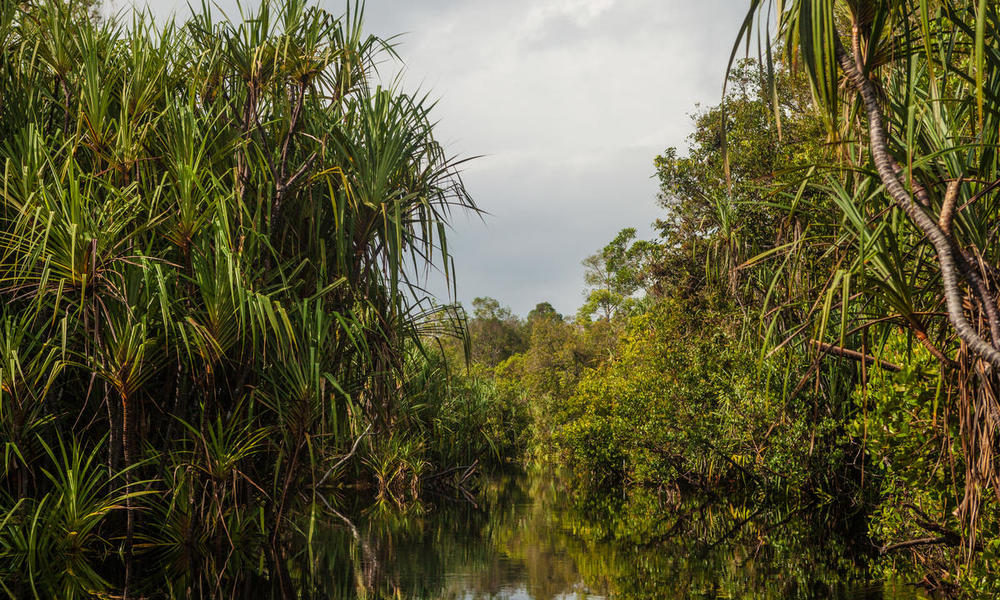
Q: So you have said that biodiversity is the best-kept secret in our society. What, in your view, can be done to overcome this indifference and lack of understanding and what is WWF planning to do?
ML: First of all, biodiversity is a term that is still pretty much restricted to use in expert circles. Nature really is what we are talking about – biodiversity refers to the complexity of nature, life forms, systems and all the rest. Biodiversity is considered something distant from us and something that we like, but we don’t really understand what it does for us.
For people, the success of WWF is all about protecting animals like elephants, tigers, and pandas, that people love and feel they have a responsibility to protect. But, very few people connect or see the importance of an elephant or a panda or for that matter, of a cricket or a ladybird or a bee to our own daily life. That’s what is changing now.
We need to elevate the importance of biodiversity and nature to the point where people when they see pollution or a forest on fire or when they see poaching and there’s a risk of extinction, they’re not just sad about it, but actually worried. That’s what is happening now with the climate. Climate activists are seriously worried.
And that’s why we’re beginning to change our system. We don’t want little actions taken here and there that don’t add up. We want to seriously change the way we produce, the way we consume and the way we balance nature protection and development.
That’s the challenge and the fight of the century and the opportunity as well
Q: What is the WWF’s current plan of action?
ML: We’re calling for a New Deal for Nature and People, which basically means a new vision that will inspire people, not just those involved in talks like the biodiversity convention here but also the private sectors that today are the drivers of nature loss. We call them the big five: agriculture, fisheries, forestry, infrastructure, extractive industries (Ed. note: mining and petroleum).
The aim is to really stimulate a debate and planning that allows these sectors to be sustainable, to be thriving economically and be profitable, but also to be sustainable. Because ultimately, you know, we can’t squeeze the planet more than we are today. We’ve got to find ways to produce with less impact on the planet. In fact, produce more, but with less impact on the planet.
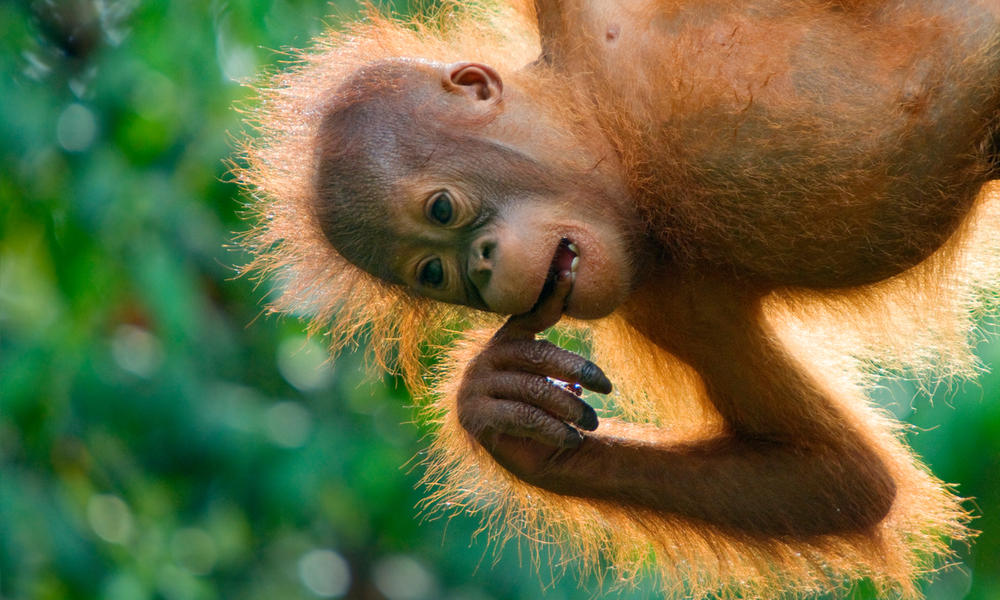
Q: We’ve been talking about Aichi Biodiversity, why should this matter to all of us?
ML: Aichi is a town in Japan where the Aichi Biodiversity Targets for 2020 were agreed upon. This week we are beginning to discuss the targets that the world should adopt for 2030. We’re calling this the super decade for nature, climate, ocean, and sustainability in general because we have ten years to fix the climate and ten years to fix nature losses.
That’s why this event matters to us, because today we are beginning a discussion on what level of ambition the world is prepared to embrace to tackle nature loss. We’ve seen that ambition growing in Paris. We know we are still moving too slow on climate change, but we are moving and we know where we need to be. We need to have the same clarity of destination for nature as well.
On climate, we talk about carbon neutrality by 2050. This means basically balancing our emissions so that there is no additional CO2 going into the atmosphere. For nature, we need to have a nature-positive vision. Nature-positive means stopping losing and starting to restore the nature that we have lost while producing. And it’s possible to achieve.
Q. What are the stumbling blocks?
ML: There are a number of stumbling blocks. The first one is cultural. I think there are still many people that don’t understand the fundamental importance of nature for us. They continue to think that all the convention on Biodiversity is doing is protecting animals that we love and we have the duty to respect and protect but they don’t see the other side of the story – that it’s about people as much as wildlife.
However, we are making a lot of progress and some people are getting it. But the impact of nature loss is not so direct as the impact of climate change. With the climate, you feel it. It’s dry, there’s too much water, there’s too much rain, too much wind. Nature extinction is less palpable – it’s more remote. So that’s the cultural problem.
The second problem is political. Because a lot of politicians are still championing the idea, which is completely false and untrue, that protecting nature is against development.
The idea that by protecting nature, you lose economic opportunities, is wrong – it’s exactly the opposite. By not protecting nature, you are undermining the services that support businesses. Businesses have had to shut down, for example, because the quality of the water or the access to water flows have dropped as a result of upstream deforestation.
So there are a lot of examples to illustrate the material value nature provides to society. Let alone the moral, sentimental, emotional and spiritual value. The third stumbling block is economic. When you’re talking about transitions systems such as those which the energy sector is going through as a result of climate change, it is painful. Because transition means that you need to invest in alternatives and sectors need to be accompanied into that transition. Moving from chemical agriculture to more sustainable agriculture will require taking farmers on that journey and giving training support, changing subsidy systems from where they are today to where they need to be.
We need to move from unsustainable, wasteful ways of production to sustainable, ecological and healthy alternatives. It’s a complex transition but people are getting it. I have to tell you honestly,in 38 years in nature conservation as a professional plus more as a volunteer, I have never seen a better time for change. People are getting it.
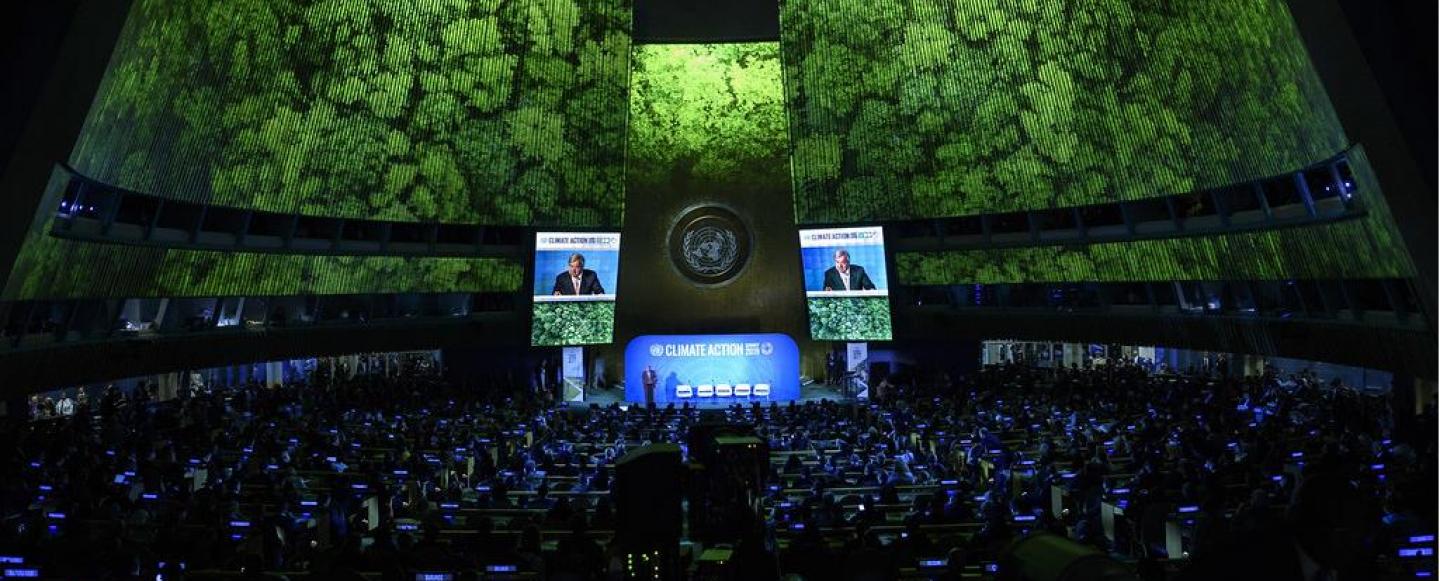
Q: Regarding the Paris Agreement. How does the new framework line up with the Paris Agreement and SDGs? What are your hope and next steps?
ML: If you look at key SDGs like Zero Hunger, Health, Zero Poverty, all these SDGs are connected to a healthy environment. There’s never been a better time for humans to be alive because if you look at indicators like life expectancy, childbirth, mortality, GDP per capita and so on and so forth, we are in a great place compared to where we were just to 30 or 50 years ago, but there’s never been a better time for humans – not so much for the planet.
In any case, if we continue as we are, humans could soon start to suffer more too. This is pretty clear. For example, an estimated 100 million people could slide back into extreme poverty purely because of the impact of climate change in Africa. We will reverse the progress that we’ve made until now.
The progress we’ve made has been at the expense of the environment and the planet cannot take it anymore. At some point, nature systems will collapse. Climate, the ocean.
The ocean is threatened by increasing salification, overfishing and most recently with deoxygenation.
Imagine if the ocean dies. You’re talking about hundreds of millions of communities in the world, many of which live in poverty, depending directly on the ocean for their income and nutrition. Losing the ocean would have a massive social impact. It’s not just climate change, it is an entire ecosystem collapse. This is why the World Economic Forum’s Global Risks Report at Davos put for the first time ever nature loss and ecosystem collapse amongst the top five global risks for society.
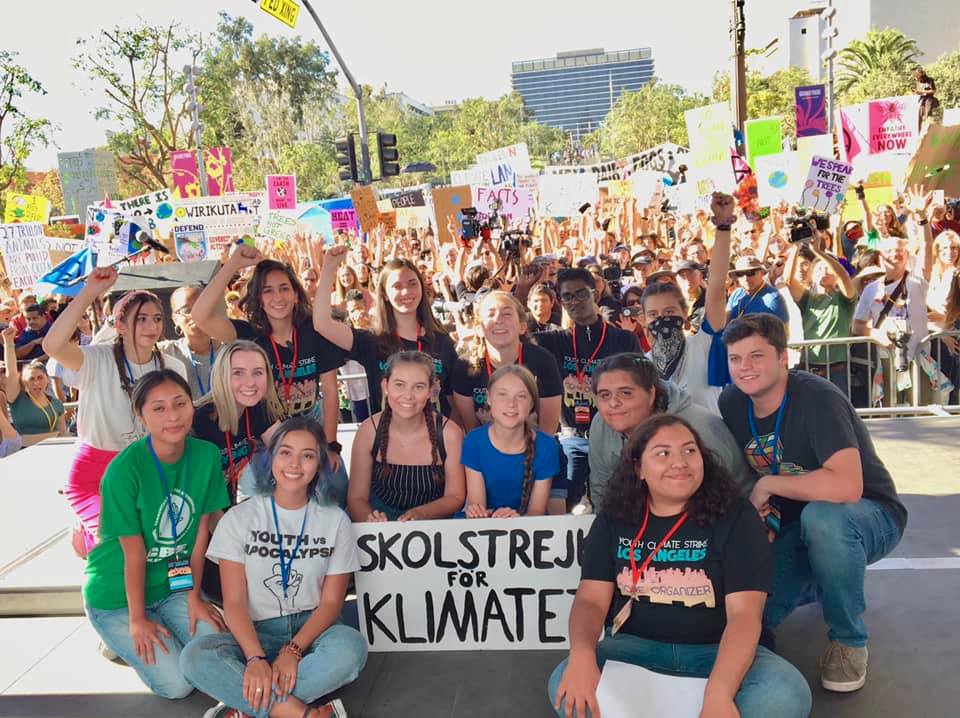
Q: So how can we get involved? Three key steps or five key steps that you think that we should take as individuals?
ML: I like the idea of just three. Three paradigms.
First of all, consume responsibly. Avoid excessive consumption and unsustainable consumption. It’s one of the key drivers. So we can’t just blame the companies. We need to start at home and our own lifestyle. So adopt a greener lifestyle, reduce consumption and when you consume, choose the more responsible consumption style. It’s about diets and particular foods but also other commodities as well.
The second point is about making your voice heard. We see all these young people in the city, and the impact they are having on the climate issue. The more people attend events of concern to them, the better.
Third point, the next election: Choose your leaders wisely.
About WWF
WWF is an independent conservation organization, with over 5 million supporters and a global network active in over 100 countries. WWF’s mission is to stop the degradation of the Earth’s natural environment and to build a future in which humans live in harmony with nature, by conserving the world’s biological diversity, ensuring that the use of renewable natural resources is sustainable, and promoting the reduction of pollution and wasteful consumption.
Visit www.panda.org/news for the latest news and media resources
Follow WWF on Twitter @WWF_media.
In the Featured Photo: Courtesy of WWF – Credit to Anthony Thijssen


